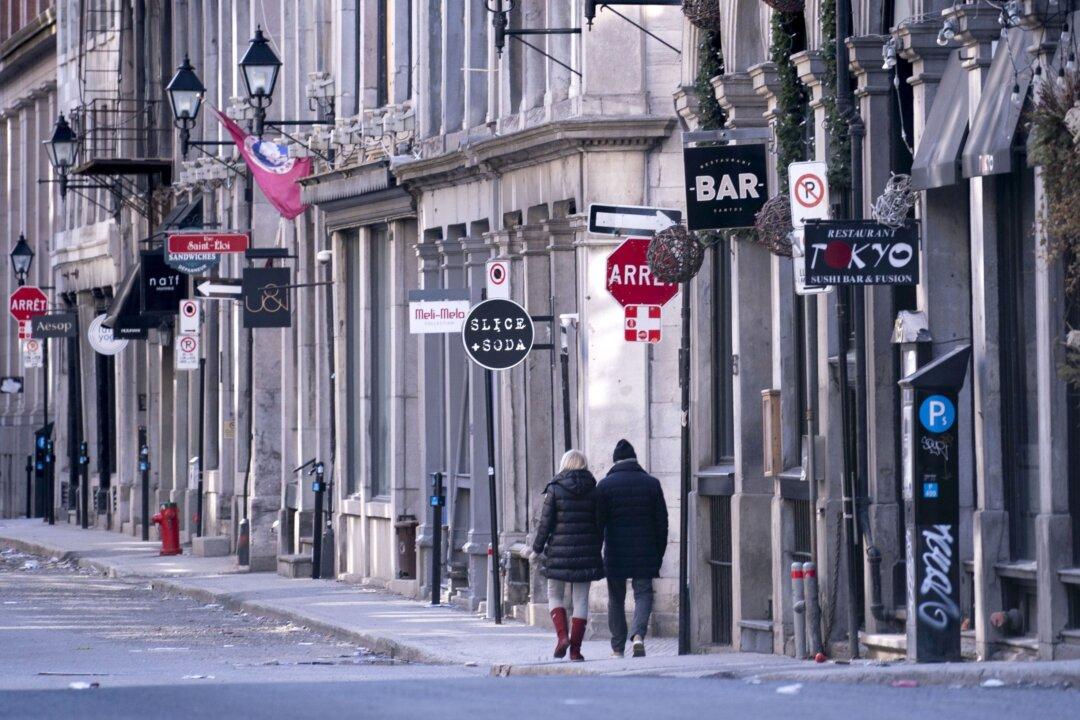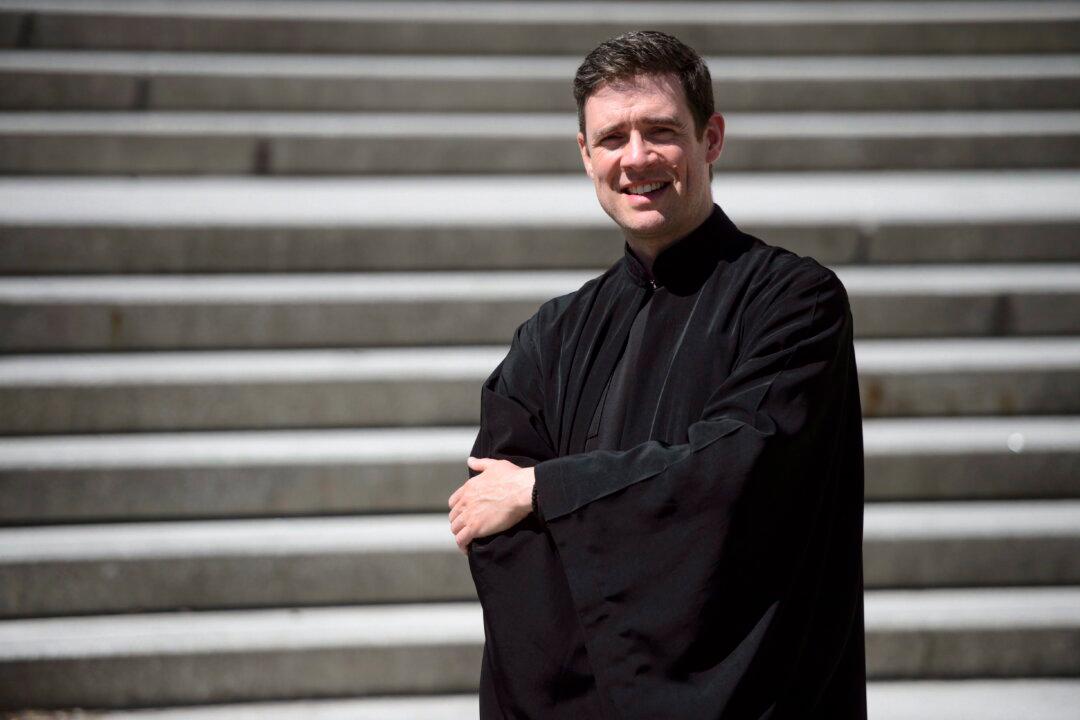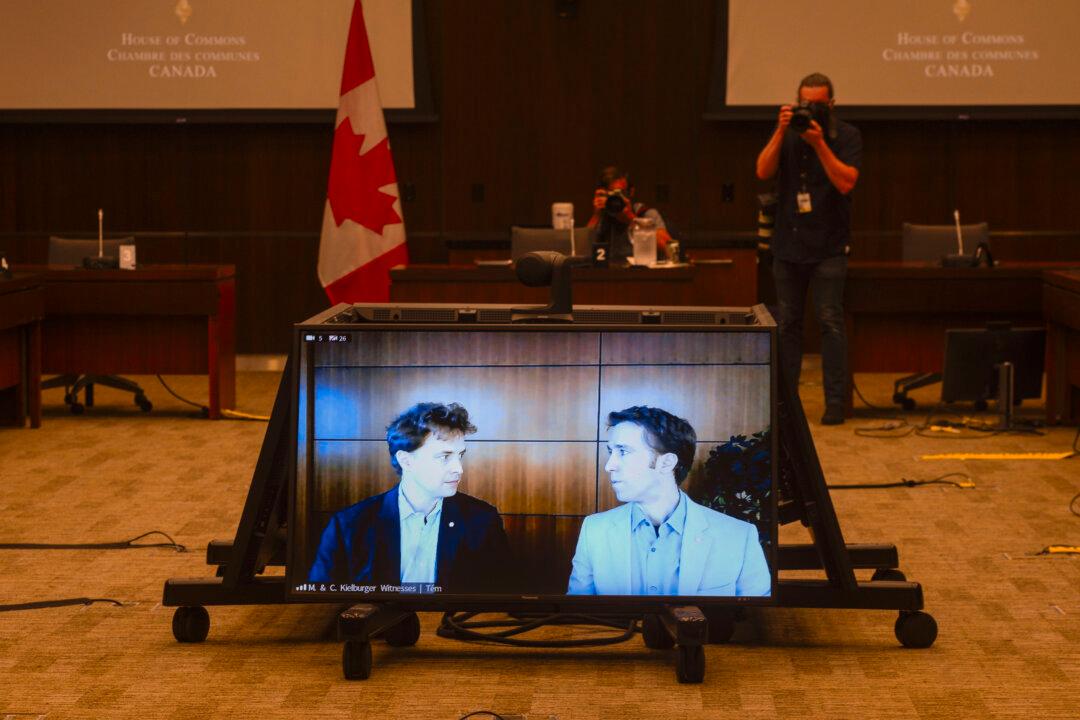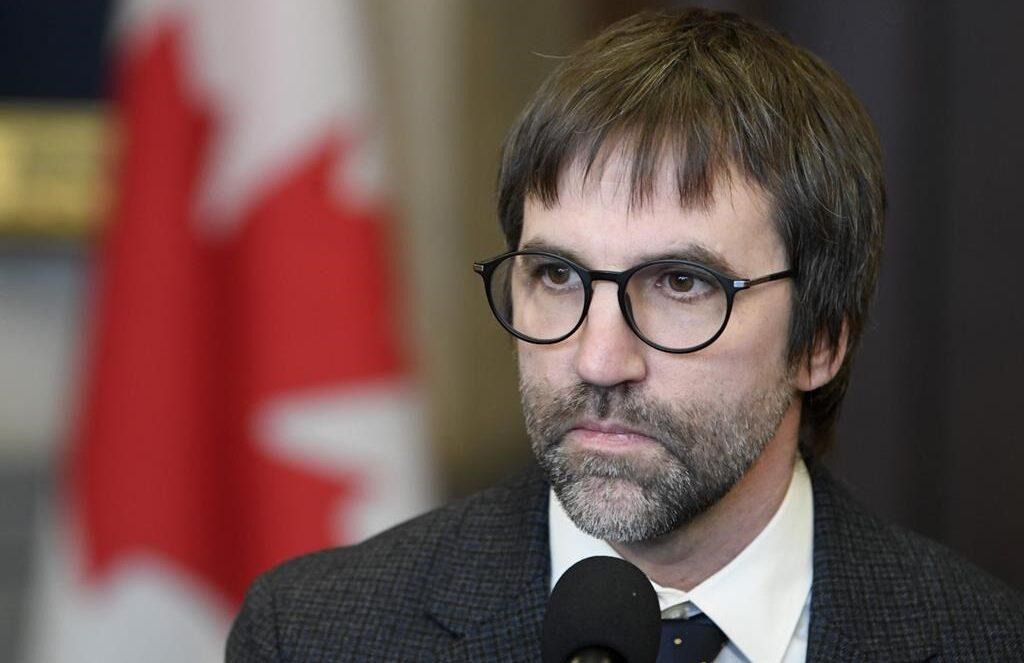The Chinese Communist Party’s continued “suppression of truth,” which has been a fundamental part of widespread persecution in China for decades, is also to blame for the COVID-19 pandemic the world is now suffering from, says former Canadian justice minister Irwin Cotler.
“The pandemic was really generated by the CCP’s suppression of the truth, by its arrest and disappearances of those who sought to tell the truth—be they medical doctors or dissidents, and by a global campaign of disinformation to cover up the truth and blame others for what has occurred,” Cotler, also a former attorney general, said in an interview.





